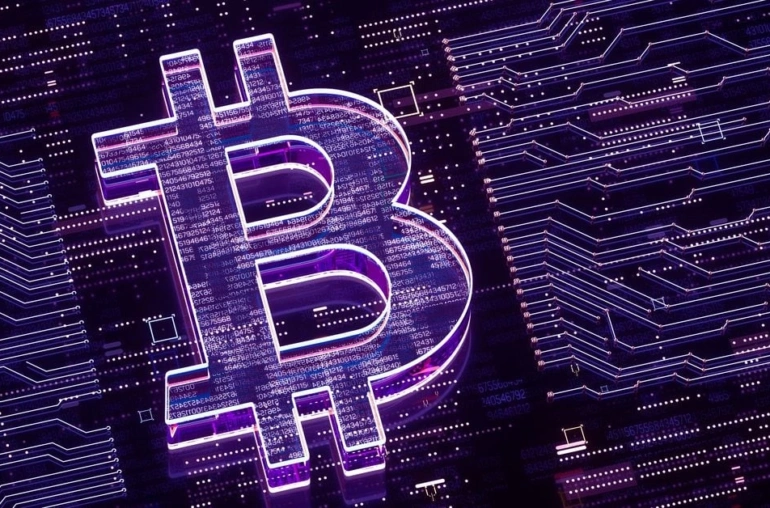The question posed this week is, why a $275,000 fine? Crytocurrency veteran Erik Voorhees’ exchange, ShapeShift, has reached a settlement with the U.S. Securities and Exchange Commission (SEC) on the accusations of security law violations. The exchange, which decentralized its ownership in 2021 by creating a DAO responsible for operations, agreed to pay the fine to resolve the charges without admission or denial of culpability.
The settlement case is interesting and brings up more questions than it provides answers. This is not just because two of the five SEC Commissioners, Hester Peirce and Mark Uyeda, issued a stern objection to the decision. Notably, the settlement doesn’t clarify if ShapeShift’s current operations are lawful and requires a business that is no longer running to register as a “dealer” (that is, anyone engaged in the trading of securities).
Between the years 2014 to 2021, ShapeShift purchased and sold cryptocurrencies to customers, thus generating revenue from the differentials. This business model, likened by the SEC to a ‘vending machine,’ was deemed by the commission as ShapeShift effectively making trades against its clients. However, this statement was not followed up with allegations of any harm according to the dissenting opinion penned by Peirce and Uyeda.
They further posed questions, stating, “It remains significantly ambiguous as to how ShapeShift was supposed to perceive that the Commission would view crypto assets broadly—and any particular crypto asset—as an investment contract, which is a type of security. This is still largely unclear, even a decade later,” they, the dissenting commissioners, remarked.
Ever since Chainman Gary Gensler assumed his position within the SEC, it has become common for the SEC to assume that most cryptocurrencies are securities, hence falling within its jurisdiction. The commissioners, Peirce and Uyeda, criticized the SEC’s undefined assertions regarding which assets ShapeShift had unlawfully listed. Additionally, the SEC did not provide any explanation of its rationale. “We respectfully implore the Commission to divulify its thought process,” they requested.
Truth be told, the SEC has on previous occasions declared certain tokens to be securities—these include SOL, XRP, Telegram’s TON, Algorand’s ALGO and a plethora of other tokens – amid its various lawsuits against cryptocurrency companies like Coinbase, Kraken, and LBRY. More information about these tokens can be found here.
However, many industry observers have noted how challenging the SEC has made it for tokens to be formally recognized as a security or for companies to be approved as brokers. An essential aspect to note is that Voorhees reached a settlement with the SEC, which did not identify ShapeShift’s governance token FOX as a security.
Pierce and Uyeda produced a fictional representation to demonstrate how these potential discussions usually proceed:
Future ShapeShift (“FSS”): Good Day, I’m here to register as a dealer.
SEC: Why?
FSS: Because I think some of the assets that I plan to deal might be deemed at some point by the SEC to be securities.
SEC: Which ones?
FSS: I’m not sure because I can’t really understand what criteria you use to decide whether a token offering is a securities transaction and, if it is, whether the token that was the subject of the investment contract remains a security in secondary market transactions.
SEC: Well, if you don’t know whether you’re dealing in securities, you can’t register. And by the way, if some of the assets you’re dealing in are not securities, you also can’t register.
FSS: So can you help us think through which assets are securities?
SEC: No. We suggest that you read the 2017 DAO report,[3] and it will all be clear to you. You can also look at our enforcement actions if you want.
FSS: I read it, and I’ve read about your enforcement actions. I still have questions.
SEC: Hire a lawyer.
FSS: I did, and the lawyer has even more questions.
SEC: Sorry, we cannot help any more than we already have. We don’t give legal advice.
END SCENE
Not only is the order odd in its lack of specifics and weak penalty, but it also targets an innovative company that has previously tried to remain above the fold.
In 2018, the exchange, for instance, chose to implement know-your-customer (KYC) measures and delist privacy tokens such as monero and zcash in response to concerns about anti-money laundering (AML) raised in a Wall Street Journal report claiming that ShapeShift had processed over $9 million from suspected criminal entities over a two-year period. It is one of the oldest running exchanges, and to date, the largest to decentralize ownership to FOX holders.
The industry publication Protos reported that the settlement might be part of a long-term strategy to give “slaps on the wrist” to crypto companies, building precedent in case history for future or ongoing lawsuits.
Whatever the case, Peirce and Uyeda might have the best take: “Cases like this do not protect investors; they intimidate innovators and entrepreneurs.
At Crypto Dummies, we strive to demystify the complexities of the cryptocurrency world for enthusiasts of all levels. Through insightful articles, guides, and analysis, we cover topics ranging from blockchain technology to market trends and investment strategies. Stay informed and empowered with Crypto Dummies – your go-to source for accessible crypto knowledge.



